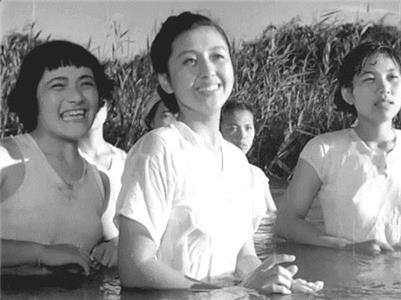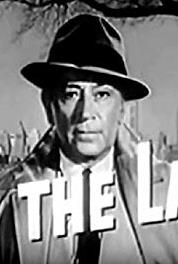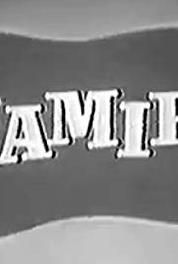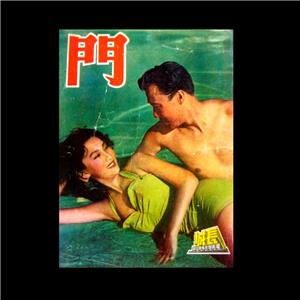Himeyuri no Tô (1953) Online

| Credited cast: | |||
| Kyôko Kagawa | - | Fumi Uehara | |
| Susumu Fujita | - | Dr. Oka | |
| Keiko Tsushima | - | Teacher Miyagi | |
| Eiji Okada | - | Teacher Tamai | |
| Rest of cast listed alphabetically: | |||
| Jun Haichi | |||
| Sen Hara | - | Oshiro Head Nurse (as Senko Hara) | |
| Masako Ichimura | - | Chiyo - Fumi's Younger sister | |
| Kaneko Iwasaki | - | Tsuyuko Hanagi | |
| Yoshi Katô | - | Dr. Sasaki | |
| Setsuko Kawaguchi | - | Hatsuko Kotani | |
| Miki Odagiri | - | Tsuru Odai | |
| Chieko Seki | - | Junko Hisada | |
| Kinzô Shin | - | Teacher Taira | |
| Akiko Suzuki | |||
| Fudeko Tanaka | - | Kame Hanashiro |






User reviews